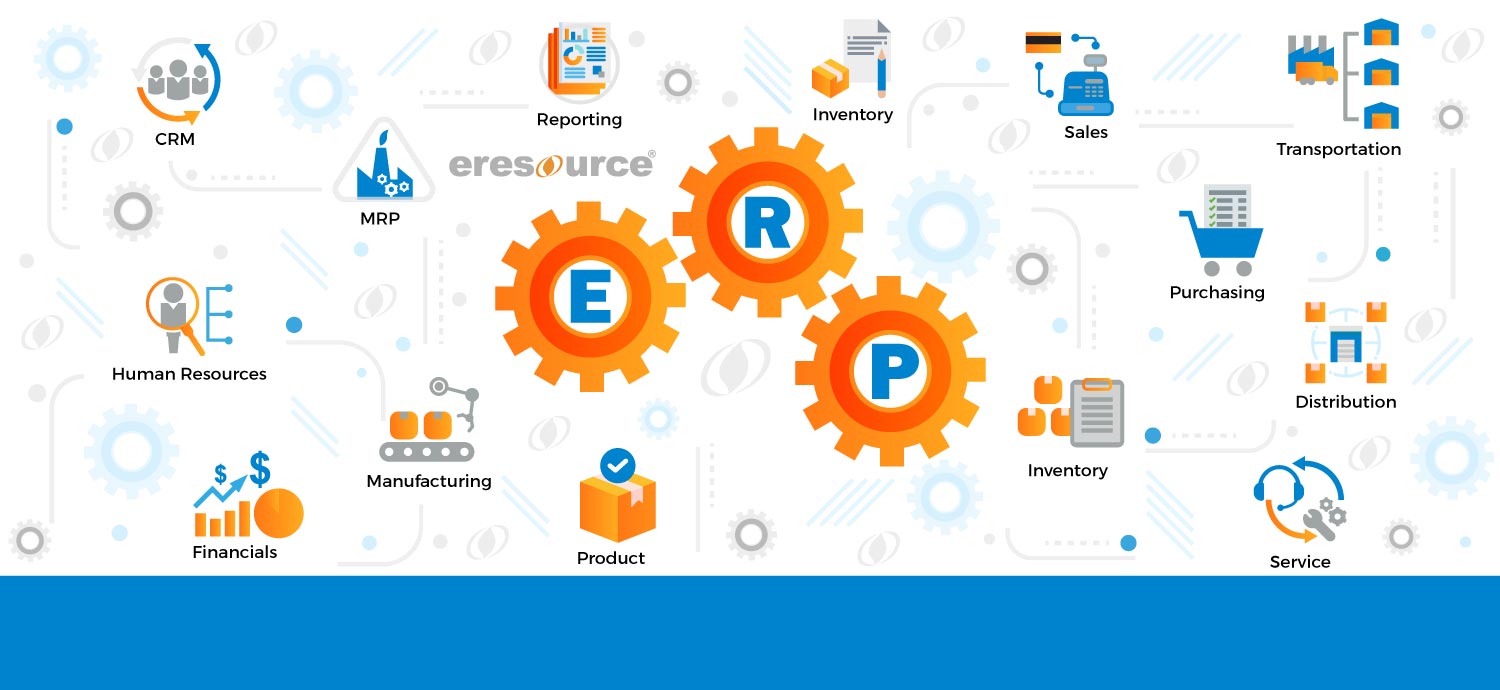ERP Application for Business Growth
The latest reports shows that majority of the midsize organizations are using ERP to support a variety of business issues, including globalization, lean manufacturing, conducting e-business, consolidation, shared services, collaborating with suppliers and meeting the requirements of new customers.
Further studies reveal that very few midsize companies that don’t already have an ERP implemented are facing numerous problems in their production and sales departments. For those businesses, the reasons to take a leap into ERP, which is largely considered necessary infrastructure for midsize companies, are many and compelling.
Many midsize companies cited the availability of low-cost options; pressure from the parent company, suppliers or customers; “explosive” growth; compliance with regulatory requirements; and a “disastrous event” as factors convincing them of the value of ERP.
Just implementing an ERP system alone wont’ do any miracles. To get the most benefits from an ERP application, an organization has to use it to its fullest capabilities. But surprisingly this is not happening with every case. Considering the expense of acquiring and deploying an ERP package, in most of the cases it is being underutilized.
As per the available survey reports from the market, the average midsize company uses only about 11 out of 24 generic ERP modules, or approximately 72 % of the available functionality.
Today the ERP market is sufficiently occupied with some effective and efficient ERP products apart from the more popular Oracle and SAP, that are dominating the market among large global companies. But it’s not an easy fight – several vendors that cater to the midmarket are entrenched, including Infor, Lawson Software, Epicor Software, QAD, Sage Software and Microsoft apart many others.
On the other hand some of underplaying mid-market ERP vendors offers their business-management applications on a modular basis, so they usually can be deployed individually and integrated as more ERP modules are phased in.
What is more important is the investment in ERP solution which should be planned efficiently. ERP is somewhat expensive, and the cost is highly variable depending on the organization. Company size, number of ERP users, the depth and breadth of purchased functionality, and the business benefits gained from the ERP deployment all contribute to the TCO (total cost of ownership) of an ERP package.
As midmarket companies extend their reach into markets around the world, they require increasingly sophisticated systems to support and run their business. With ERP, they can use enterprise-grade technology as a competitive weapon, managing costs, introducing efficiencies throughout the supply chain and manufacturing processes, and streamlining and automating business processes across the organization. For some companies, ERP can mean the difference between success and failure.
Also Read – Benefits of ERP Software in the pharma sector
Categories
Register for Free Demo!
Recent Post
-

eresource ERP 360 - an
11th Apr 2019 -

A competitive ERP system for
17th Apr 2019 -

Auto components manufacturing industry has
17th Apr 2019 -

Make the best use of
17th Apr 2019







